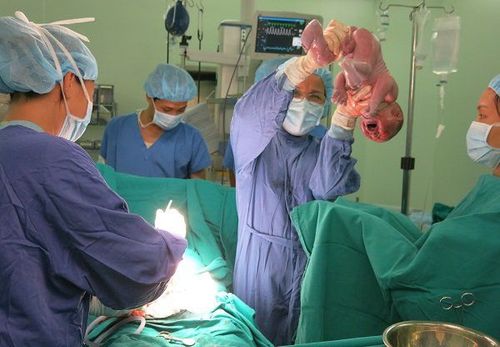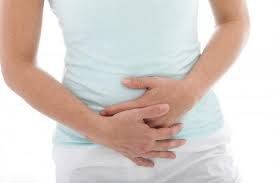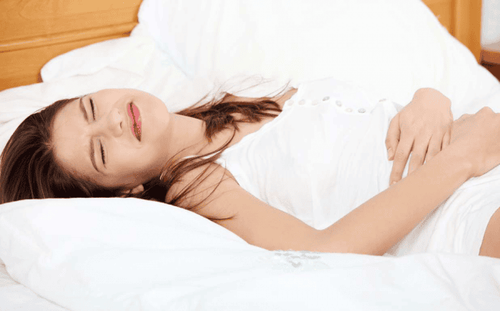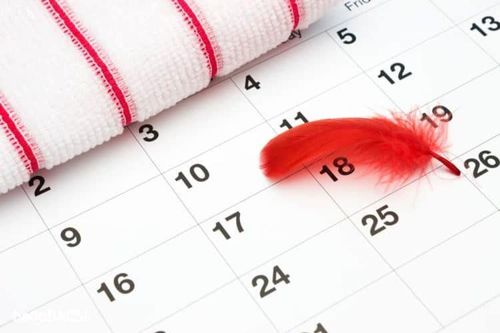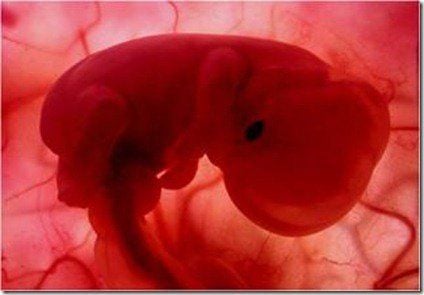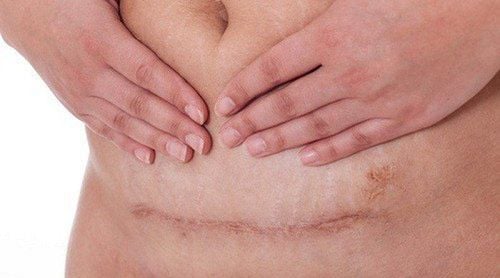This is an automatically translated article.
The article is professionally consulted by Specialist Doctor I Truong Nghia Binh - Specialist in Obstetrics - Obstetrics and Gynecology - Vinmec Da Nang International HospitalIt is obvious that pregnant women have hip pain during pregnancy and after giving birth for a while. However, depending on the nature of the delivery (difficulty or normal), trauma (uterine tear, vaginal tear, perineal tear), the size of the fetus, the degree of recovery of pregnant women...
1. Causes of hip pain in postpartum women
1.1 Postpartum hip pain due to pregnancy effects The woman's pelvis has certain changes during pregnancy. Under the effect of pregnancy hormones, the pelvis is gradually enlarged to serve the time of childbirth and needs time to narrow again. Specifically, from the 30th week, the pelvic system stretches markedly because from this stage the size of the fetus increases very quickly and the due date is also approaching.Childbirth causes the body to lack vitamin B12, which interferes with peripheral nerves causing numbness and joint pain. In addition, the mother's body lacks calcium and vitamin D, which also easily causes pain and reduces the firmness of the bones.
In addition, unreasonable rest is also a cause. Mothers who are often active and do heavy work are also easy to make hip joints easily hurt. Conversely, if too little exercise can also be the cause of stiffness, joint pain.

1.2 Postpartum hip pain due to childbirth It is because during childbirth, the uterus must contract strongly, in addition, the pelvis must be fully dilated to ensure the safest way for the fetus to come out. . Therefore fetal size is a major influencing factor. If the fetus is large, stretching of the uterus and pelvis can become excessive. This means that the pelvis may not return to its original shape or take a long time to recover, feeling pain in the hip area and having difficulty walking is inevitable.
1.3 Increased hip pain due to perineal tear When the hip flexes postpartum, the perineum also shrinks. This is beneficial for the wound healing process but also causes a lot of pain for the mother. In most cases, pregnant women have difficulty in movement, walking and personal hygiene due to pain in the hip joint.
2. How to reduce hip pain?
Pain treatment: For easy blood circulation, absolutely do not bandage the muscle areas when in pain. This only aggravates the pain, and even increases the risk of diseases in muscles and joints. In addition, hot compresses also help blood circulation better, thereby reducing pain.Nutrition: Mothers should not diet excessively to lose weight after giving birth. In order for the hip to recover faster, pregnant women should add foods rich in vitamins D, B and calcium into their daily meals. If the body is deficient in calcium, calcium supplements can be taken. In addition, receiving sunlight in the morning is also a good way for vitamin D to be absorbed into the body and better nourish bones.
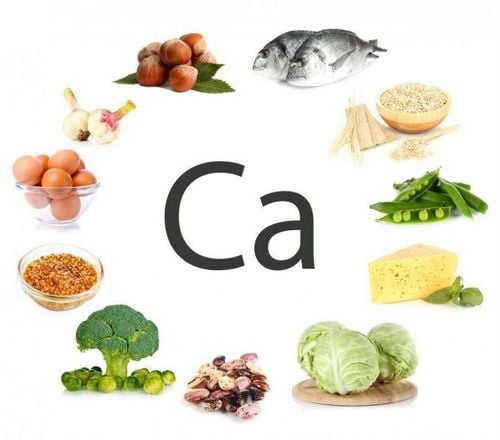
With an advanced, modern painless delivery method and a team of highly qualified anesthesiologists, pregnant women will have a completely different painless birth experience at Vinmec. For women who give birth normally, they will be numbed with an ultrasound machine (neuraxial anesthesia). For pregnant women who have had a caesarean section, they will be anesthetized by an ultrasound machine in the treatment of postoperative pain. The most recent evaluation of pain relief results showed that all pregnant women who gave birth by caesarean section did not have to use morphine, and post-partum pain when moving and living was almost no longer recorded.
Please dial HOTLINE for more information or register for an appointment HERE. Download MyVinmec app to make appointments faster and to manage your bookings easily.





